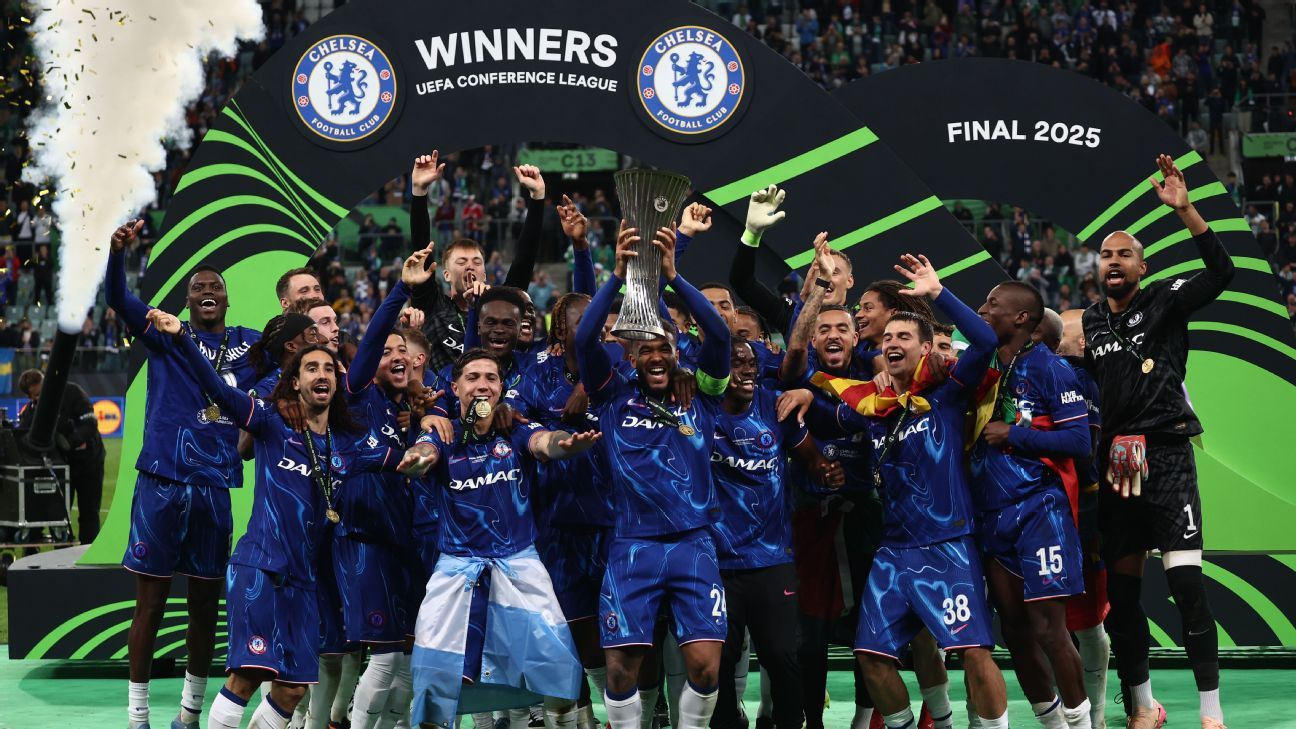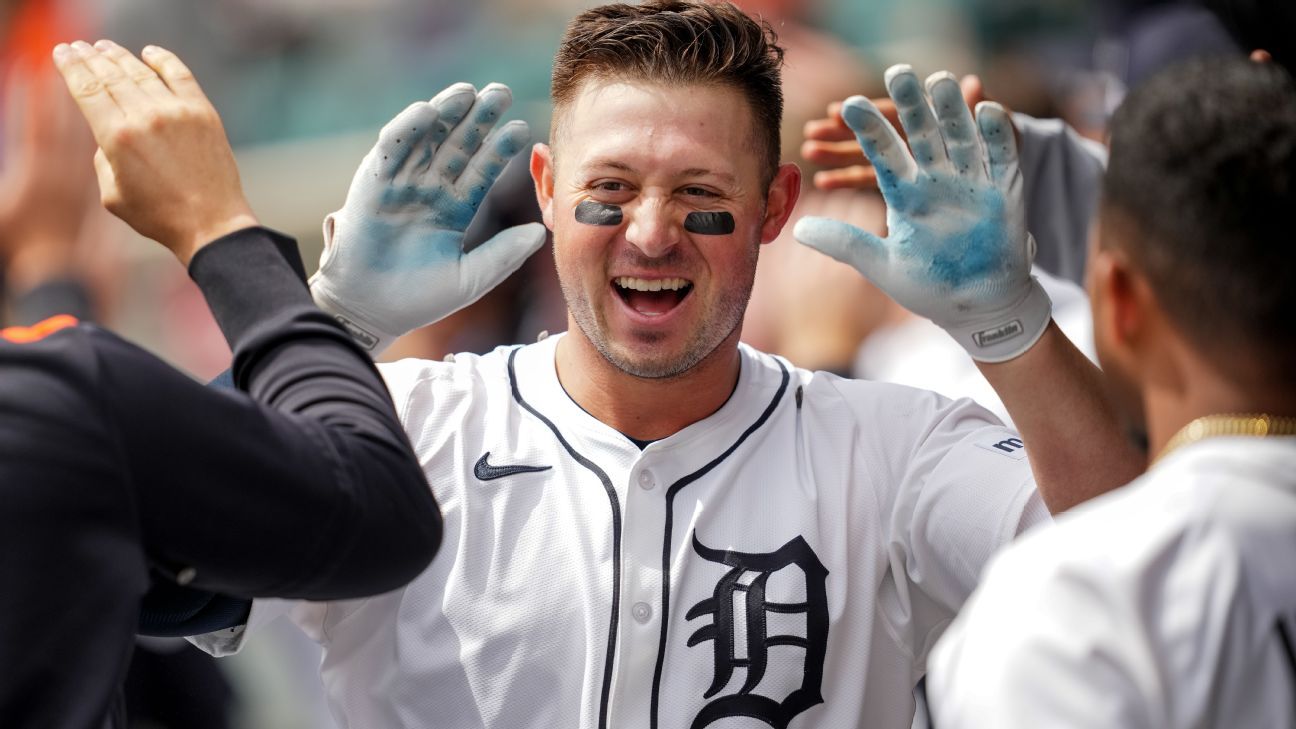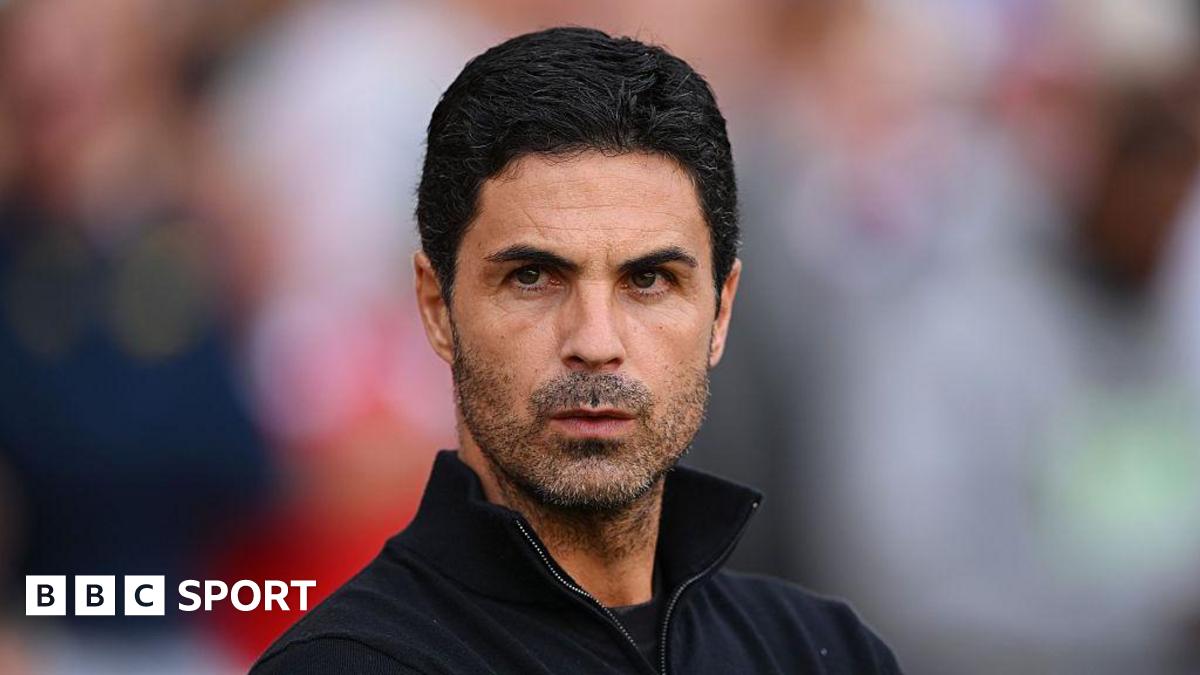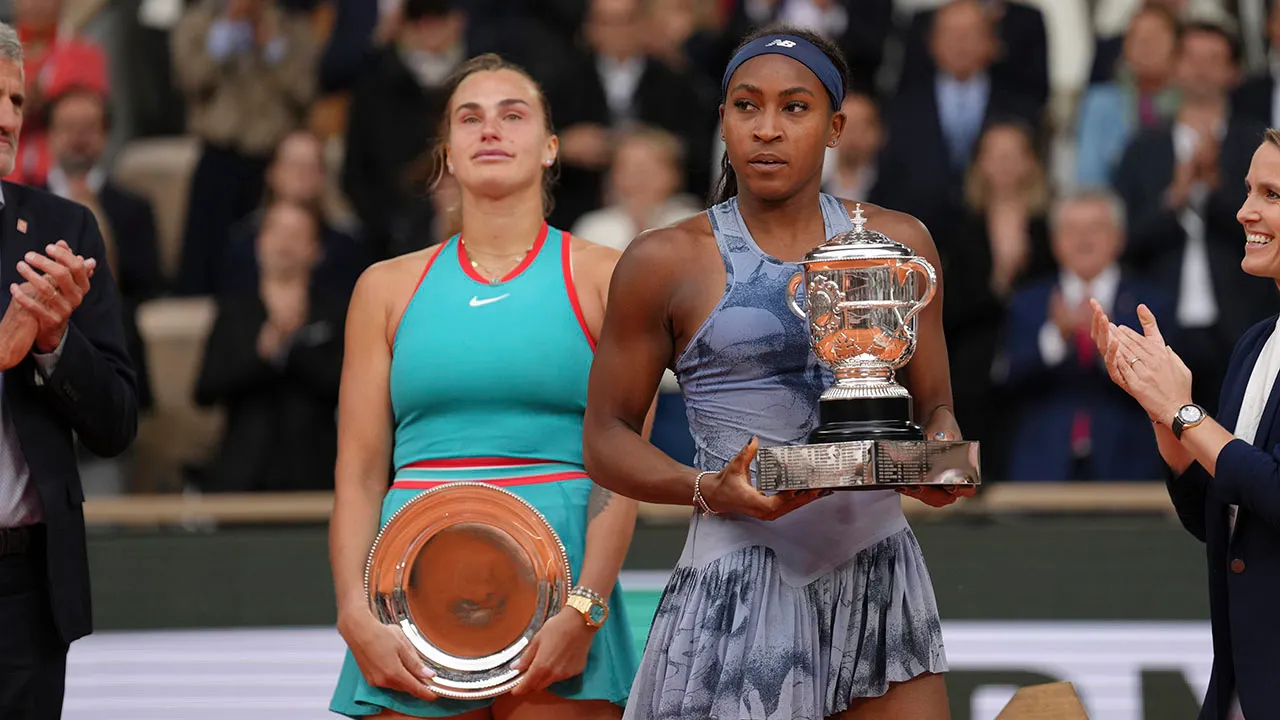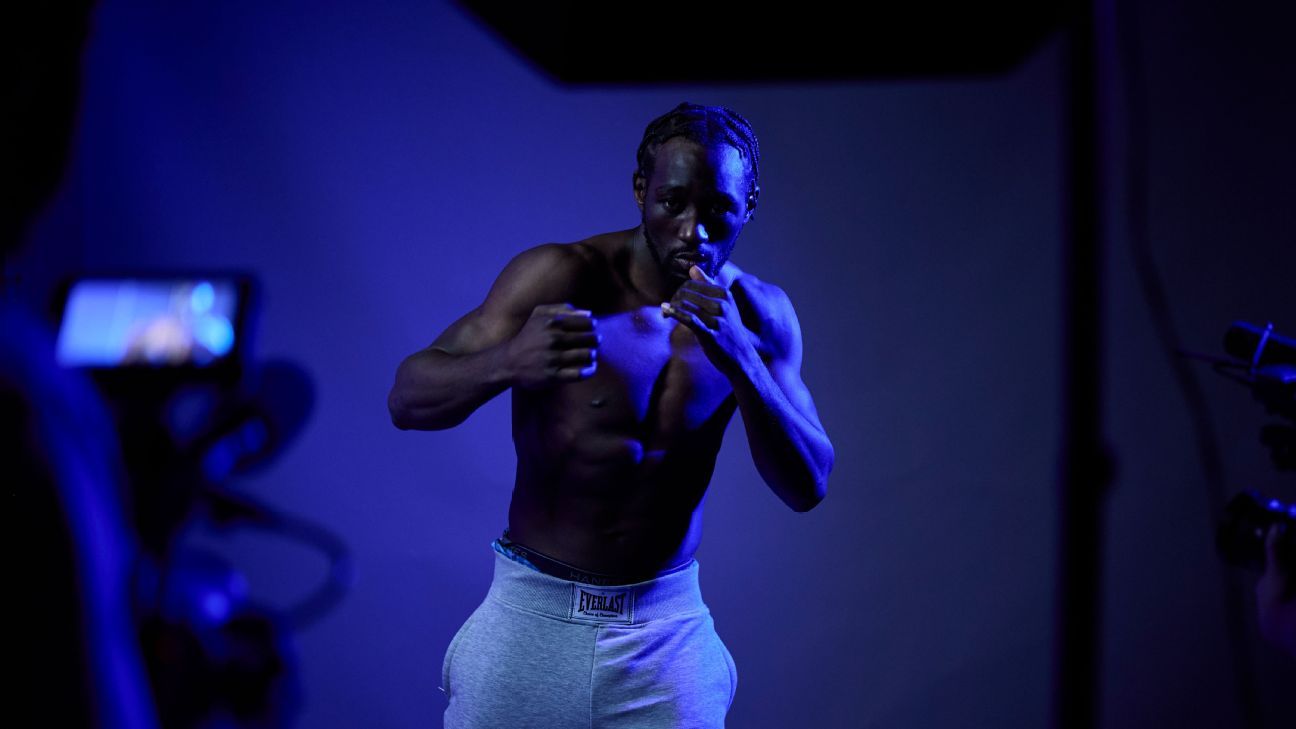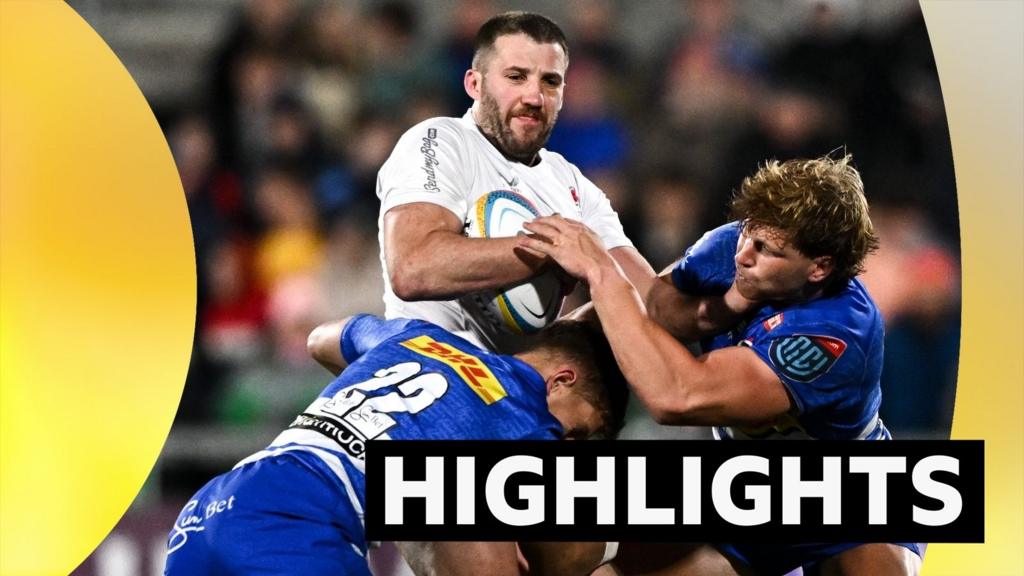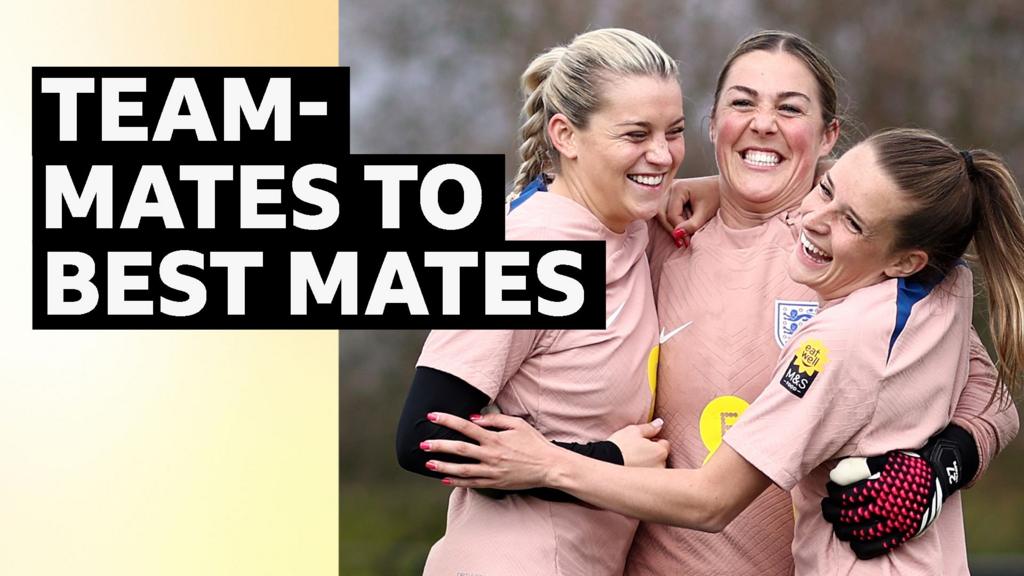WROCLAW, Poland — The new Chelsea era finally has lift-off. Just four days after securing a return to Champions League football, the Blues lifted their first trophy under Todd Boehly and Clearlake Capital’s ownership after winning the UEFA Conference League with a 4-1 win over Real Betis.
It is a competition they have been expected to win almost from the outset, odds-on as early as last autumn given the yawning chasm in resources between Chelsea and the rest of the field, something which felt particularly acute when travelling to unusual locations including Astana, Heidenheim and, most recently, Djurgården.
Betis were by some distance the toughest opponent they faced and, for about an hour or so on Wednesday, it appeared likely to be a challenge that would flummox them after Abde Ezzalzouli gave the LaLiga side a ninth-minute lead their fast start fully warranted.
If anyone was to give this new Chelsea incarnation its crowning moment, it had to be Cole Palmer. The England international rose above the malaise of Mauricio Pochettino’s sole season in charge and had been Enzo Maresca’s shining light until fading as the campaign wore on.
But he dazzled here. Two brilliant assists in five minutes turned the game on its head. First, a sumptuous cross gave Enzo Fernández an almost unmissable header from close range, before a wonderful turn and cross presented Nicolas Jackson with a near post opportunity he converted with ease.
Substitute Jadon Sancho added a late third with a fine right-foot strike before Moisés Caicedo added a fourth in stoppage-time but the match-defining contribution had already been made.
“I was sick of getting the ball and going backwards and sideways, I thought when I next get the ball I’m going to go,” Palmer said afterwards in his typically laconic style.
“The first one, there was a bit of space and I saw Enzo running at it so put it over the top. [Second one] same again, I saw Jackson so I crossed.”
Of course, Boehly and Clearlake did not spend more than £1 billion since their takeover in May 2022 to win Europe’s third tier competition. The mere fact they were in the Conference League is a reflection of the mistakes made to this point.
But they have to start somewhere. And in winning a competition created by UEFA just four years ago, Chelsea can take pride in becoming the first men’s team to win every possible club competition open to a European team.
They had this feeling before. In 2022, Chelsea won the Club World Cup to complete the set that existed at the time, the last of the 21 honours of Roman Abramovich’s tenure before world events intervened and forced the club’s sale. Under Abramovich, they were serial winners, a club that somehow defied the convention that stability had to underpin sustained success to keep delivering silverware on an almost annual basis.
0:50
‘I was sick of going backwards!’ – Palmer reacts to Conference League assists
Cole Palmer speaks after Chelsea’s 4-1 win against Real Betis in the UEFA Conference League final.
The scale of change at all levels in the past three years cannot be overstated: staff at all levels and an almost entirely new squad signed at lavish expense on extremely long-term contracts.
Chelsea’s methodology has been questioned in a way which can only be answered by trophies. Last season’s Carabao Cup final defeat to Liverpool came and went. Now they have one.
“Hopefully it can be a starting point,” said Maresca. “To build a winning mentality, you need to win games, you need to win competitions and for sure the trophy we won tonight is going to make us better. But also I am very proud of the path and the journey we had in the Premier League, for me is it the most difficult competition in the world. You have to be consistent for 38 games and these players they showed it.”
Palmer’s influence on this team is profound, the creative conduit which knits everything together. He has only scored one goal in his last 23 competitive matches — and that was a penalty — but he came alive on the big stage here, taking the game away from a crestfallen Betis side looking to win the first trophy in their history.
There is personal satisfaction for Maresca on a number of levels. After four seasons as a player with Betis’ rivals Sevilla, the Italian was booed by those in green before kick-off. In the opposite dugout was Manuel Pellegrini, who he played under at Malaga and later coached under at West Ham United. “He’s like my professional Dad,” Maresca said in the build-up to this game.
It can be upsetting when a child beats his father at something for the first time, but Maresca needed this, a further validation for his approach even if it felt as though he had to correct his own mistakes, replacing Malo Gusto with Reece James at half-time and introducing Sancho for the ineffective Pedro Neto shortly afterwards.
Maresca claimed afterwards that he was trying to “protect” James given his wretched luck with injuries but Chelsea’s improvement following his introduction made his original omission feel like a misstep.
If the argument that Chelsea should win this competition because of their vastly superior squad depth, then the final essentially proved it. Although that was not before some of the old frustrations began to surface, not entirely explainable by Betis having two days extra to prepare: Chelsea had been too slow, too passive and, frankly, too uninspired despite dominating the ball but Maresca desire for control is predicated on providing a platform to one of his game-changers to make the difference in the final third.
Palmer did just that. Maresca had a long word with the 23-year-old at the final whistle, arm around him, as the celebrations began all around them.
The Blues now travel to the Club World Cup with a trophy in the cabinet and a Champions League campaign to come. The sense of momentum is growing.

